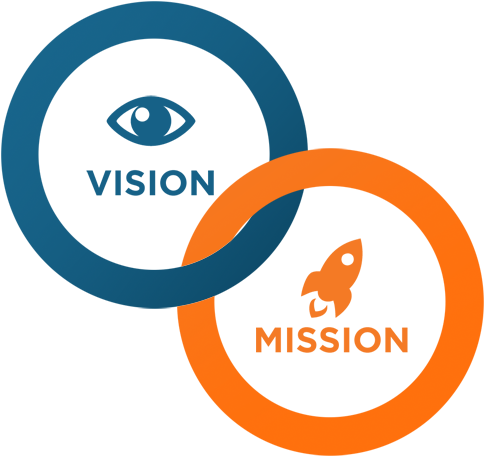- 9:30am - 6:30pm, Mon - Sun
- 1800 31300 1566
- Sanjay Ghodawat University,Atigre 416 118,Kolhapur

The department of Mass Communication and Journalism offers undergraduate and post graduate degrees
It is three years graduation level program covers all major fields of Mass Media which are required for aspiring media professionals. Students will be trained with anchoring and reporting skills, Radio Production & Jockeying, Video Editing, Camera & Lighting, News & Script Writing and TV Production & Direction. It will also include Media Management, Media Issues & Ethics, Public relation & Advertising, Print Journalism, Professional Communication, Language Skills, Currents Affairs and Economics
Provides two years Masters Degree in mass communication . The program covers all major aspects of TV Journalism which includes News & Entertainment Anchoring, Reporting Skills, News Script Writing, Camera & Lighting, Post Production & Video Editing. The course also focuses on News Program Production i.e. news bulletin, Panel Discussions, Chat Shows etc. The course also provides the detailed study of Mass Communication Theories, Public Relation & Advertising, Media Ethics & Issues, Media Research and Current Affairs & General Knowledge
Courses | Duration of Course | Eligibility |
|---|---|---|
UG - Bachelor of Arts in Mass Communication (BA - Mass Communication) | 3 Years | 12th or Equivalent examination passed |
PG - Master of Arts in Mass Communication (MA - Mass Communication) | 2 Years | Graduation in relevant stream |
The Courses offered at SGULA have a strong professional bias and open up a host of employment/placement avenues for successful students. The Department actively facilitates placement of students completing the Post Graduate programmes
